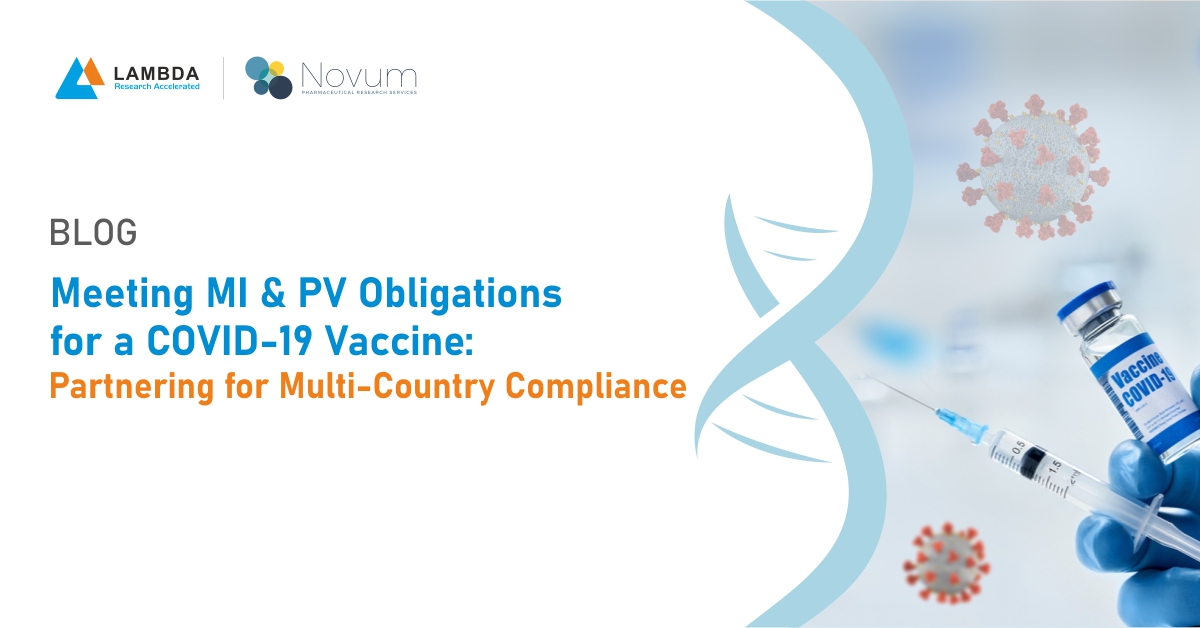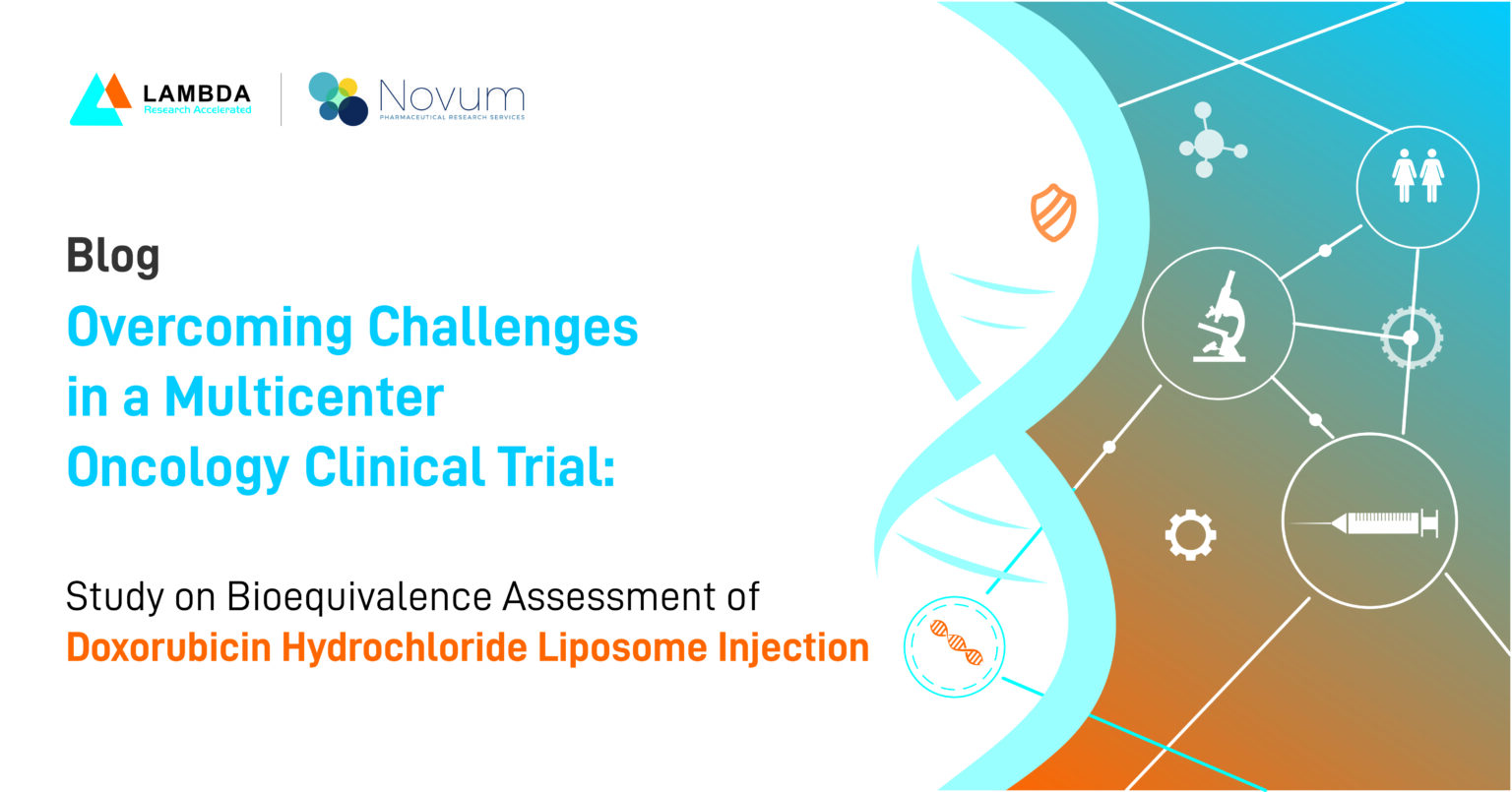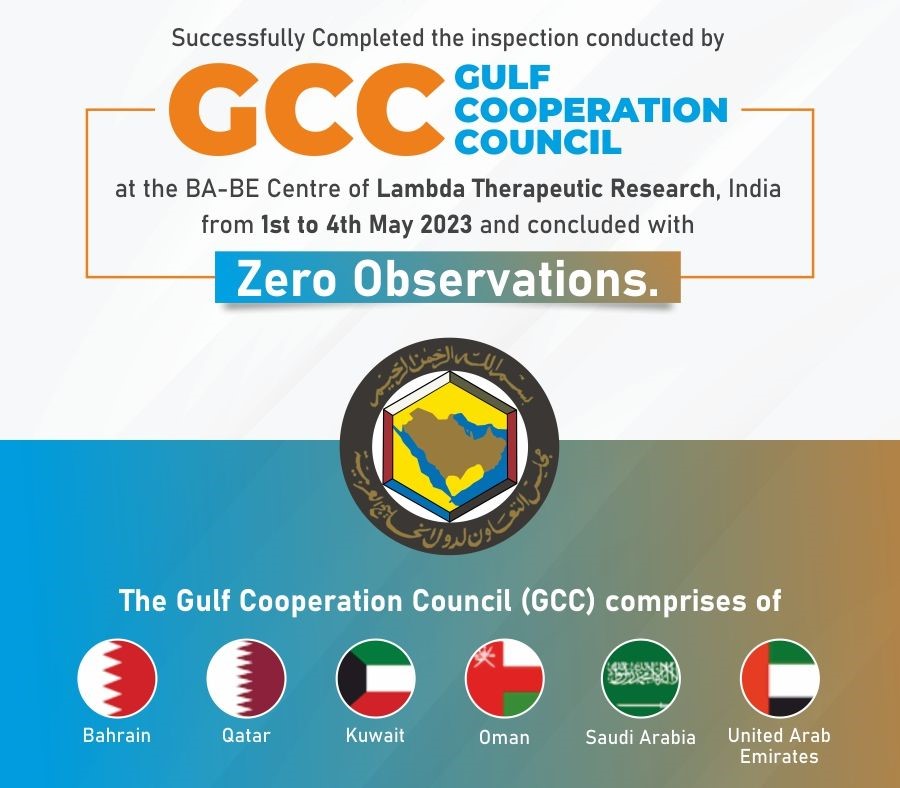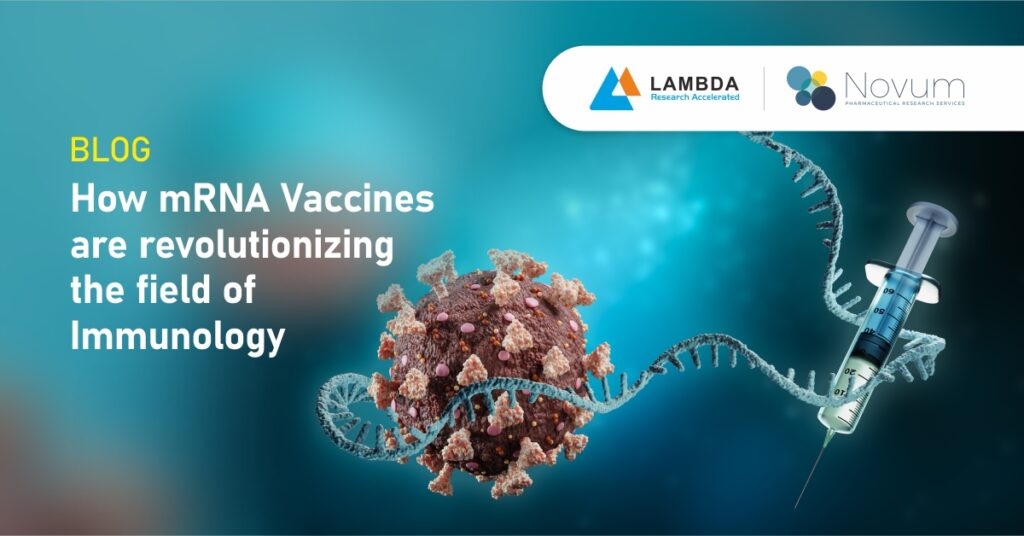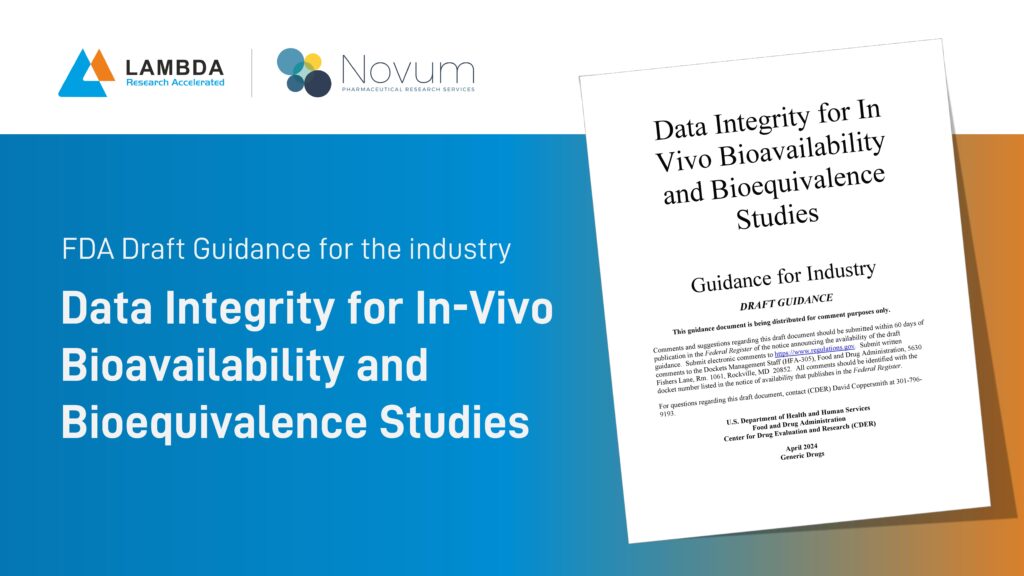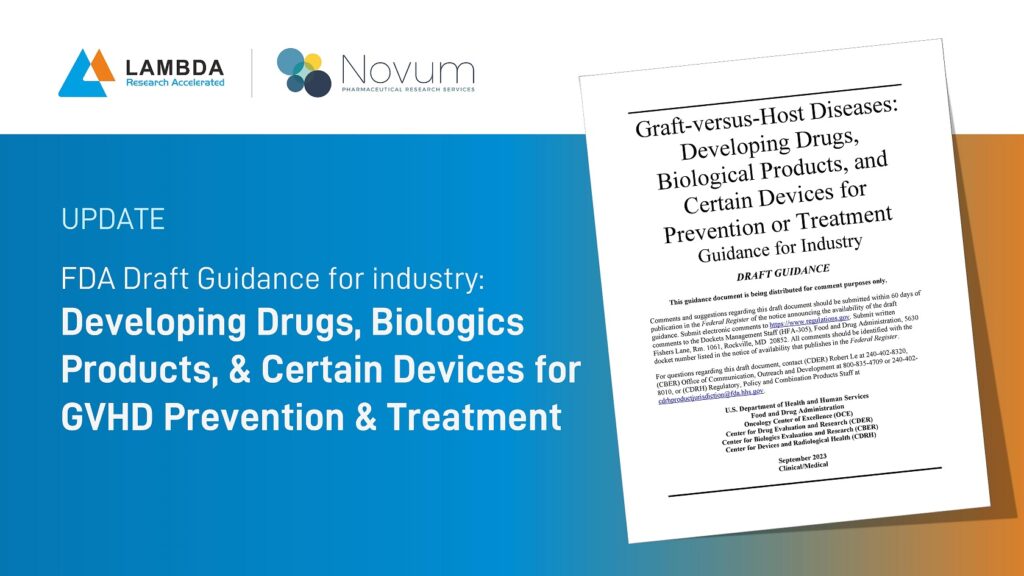03 Oct 2023
One of the most efficient and secure methods for preventing and controlling infectious diseases is vaccination. Conventional vaccine development and production, however, can be labor-intensive, expensive, and difficult. For instance, conventional vaccinations call for the use of live or attenuated pathogens, which increase the possibility of infection or pathogenicity reversal. Certain vaccinations call for additional doses or boosters, which lower compliance and coverage. Some vaccines are only partially effective or durable, which lessens immunity and protection.
mRNA Vaccines
Scientists have been investigating a novel class of vaccinations that use messenger ribonucleic acid (mRNA) molecules as the active component to overcome these restrictions. mRNA vaccines are artificial molecules that contain the genetic code for a particular protein that can initiate an immune response against a pathogen of interest. Instead of introducing foreign substances into the body like traditional vaccinations do, mRNA vaccines instruct the host’s cells to make the protein on their own. The natural infection process can be mimicked by mRNA vaccines to produce a strong and long-lasting immunity.
Even though mRNA vaccines have been in research for many years, the COVID-19 pandemic has brought them extraordinary attention and success. Two mRNA vaccines, BNT162b2 and mRNA-1273, have even been given emergency use authorization in various nations. These vaccines employ mRNA, which instructs cells to make copies of the “spike protein,” a protein found on the surface of the coronavirus. With a success rate of over 90% in clinical studies, these two vaccines have demonstrated exceptional efficacy and safety in preventing COVID-19 infection and disease.
The Mechanism of mRNA Vaccines:
- After being injected into the muscle of the upper arm, the mRNA reaches surrounding cells while being shielded by a layer of lipids (fats).
- The mRNA sheds its protective fat layer inside the cell and provides instructions for producing the spike protein. The pathogenic virus contains these spike proteins on their outer wall/shell, which are used to bind the virus to the host cells.
- The mRNA is degraded once the spike protein is produced, and the cell then displays the spike protein on its surface.
- The immune system creates antibodies and killer T cells to combat the spike protein after identifying it as foreign.
mRNA vaccines offer several advantages over traditional vaccines:
- Faster and More Cost-Effective Production: mRNA vaccines can be manufactured in a laboratory using standard processes, eliminating the need for cell culture, fermentation, or purification. By simply modifying the sequence of the mRNA molecule, mRNA vaccines can be easily tailored to different strains or variants of a pathogen.
- Increased Specificity and Potency: mRNA vaccines can encode any protein of interest, including those that are difficult to create or purify using traditional methods. By boosting the generation of antibodies and cytotoxic T cells, mRNA vaccines can elicit both humoral and cellular immune responses.
- Lower Risk of Infection or Contamination: mRNA vaccines are devoid of live or attenuated pathogens, as well as animal or human-derived components. After fulfilling their purpose, mRNA vaccine contents are destroyed by the body’s enzymes, leaving no trace or residue.
Recent Advances and Future Prospects
Significant advancements in molecular design and delivery technology of mRNA molecules have accompanied the development of mRNA vaccines. These include the use of modified nucleotides, allowing for the creation of mRNA vaccines targeting various infectious and non-infectious diseases. Besides infectious diseases like COVID-19, influenza, and HIV, mRNA vaccines show promise in addressing non-infectious diseases such as cancer, genetic disorders, cardiovascular diseases, and neurological disorders. Consequently, mRNA vaccines present a versatile foundation for future vaccine development and therapy.
Regulatory and Quality Considerations
mRNA vaccines are synthetic molecules that carry the genetic code of a specific protein, triggering an immune response against a target pathogen. They do not introduce foreign material into the body but instead instruct host cells to produce the protein. Manufacturing, characterization, specifications, and analytical control of mRNA molecules and their delivery systems are all critical aspects of mRNA vaccines. The manufacturing procedure includes mRNA production and encapsulation in lipid nanoparticles. Characterization of mRNA molecules involves identification, purity, potency, stability, and integrity. Acceptance criteria and test techniques for release and shelf-life are outlined in specifications and analytical control. Nonclinical and clinical evaluations, as well as post-approval surveillance, are vital regulatory factors. Nonclinical evaluation of mRNA vaccines encompasses determining their immunogenicity, safety, biodistribution, and pharmacokinetics in appropriate animal models. In human patients, mRNA vaccines undergo clinical evaluation for efficacy, safety, immunogenicity, and pharmacodynamics. Post-approval monitoring of mRNA vaccines involves evaluating their safety, effectiveness, and public health impact.
There are several guidelines and documents providing information and guidance on the quality aspects and regulatory considerations of mRNA vaccines. Some of them include:
- Concept Paper on the Development of Guidelines for Quality Aspects of mRNA Vaccines: This paper addresses the need to establish guidelines on specific aspects regarding the manufacturing process, characterization, specifications, and analytical control of mRNA vaccines for the prevention of infectious diseases.
- Evaluation of the Quality, Safety, and Efficacy of Messenger RNA Vaccines for the Prevention of Infectious Diseases: Regulatory Considerations: This document provides information and regulatory considerations regarding key aspects of the manufacture, quality control, and nonclinical and clinical evaluation of preventive mRNA vaccines against infectious diseases for human use.
- Development of Guidelines on the Quality Aspects of mRNA Vaccines: This document summarizes the objectives, scope, problem statement, and discussion points for developing guidelines on the quality aspects of mRNA vaccines.
- Messenger RNA Vaccines: This resource offers an overview of the current status and future prospects of mRNA vaccines, as well as links to relevant publications and resources.
Emerging Frontiers: mRNA Vaccines Beyond COVID-19
Currently, there are no licensed mRNA vaccines for illnesses other than COVID-19. However, several mRNA vaccines are being explored or produced for a variety of infectious and non-infectious disorders. Among the probable objectives are:
Cytomegalovirus (CMV): CMV is a common virus that can be fatal in pregnant women and persons with compromised immune systems. Two CMV mRNA vaccines are now in phase 3 clinical studies, the final stage before licensure. These are Moderna’s mRNA-1647 and CureVac’s CV2CoV.
Influenza (Flu): Flu is a seasonal respiratory virus that can cause serious illness and death, particularly in older individuals and persons with chronic illnesses. Two mRNA vaccines for flu are now in phase 3 clinical trials, with the goal of providing broader and longer-lasting protection than conventional flu vaccinations. These are CureVac’s CV7202 and Pfizer/BioNTech’s BNT162.
Respiratory Syncytial Virus (RSV): RSV is a common virus that produces mild cold-like symptoms in the majority of individuals but can lead to catastrophic lung infections in newborns, young children, and the elderly. Moderna’s mRNA-1345 is the only RSV mRNA vaccine now in phase 3 clinical studies.
HIV: HIV is a virus that assaults the immune system and produces AIDS, a potentially fatal disease. There is presently no effective HIV vaccine; however, many mRNA vaccines are being investigated. Moderna’s mRNA-1644, Pfizer/BioNTech’s BNT162b2, and CureVac’s CV8102 are among them.
Malaria: Malaria is a parasitic disease spread by mosquitoes that causes fever, headaches, and other symptoms. If not treated quickly, it can be deadly. There is presently no approved malaria vaccine; however, many mRNA vaccines are in development. Moderna’s mRNA-1172, CureVac’s CV7201, and Pfizer/BioNTech’s BNT162b3 are among them.
Cancer: Cancer is a category of illnesses characterized by abnormal cell proliferation and the ability to spread to other regions of the body. mRNA vaccines, which attempt to encourage the immune system to detect and destroy cancer cells, can target a variety of cancers. BNT111 by Pfizer/BioNTech for melanoma, CV8102 by CureVac for solid tumors, and mRNA-4157 by Moderna for personalized cancer are examples of mRNA cancer vaccines.
Exploring Future Avenues
While currently there are no licensed mRNA vaccines for illnesses other than COVID-19, ongoing research and development highlight promising prospects. mRNA technology offers a compelling potential for preventing and treating a broad spectrum of infectious and non-infectious diseases. Ongoing studies are focusing on mRNA vaccines for diseases like Cytomegalovirus (CMV), influenza, respiratory syncytial virus (RSV), HIV, malaria, and various types of cancer. The future holds great promise as mRNA vaccines continue to push the boundaries of disease prevention and therapy.
References:
- mRNA vaccines: potential for global impact – www.nature.com
- mRNA vaccines and treatments: beyond COVID-19 – www.nature.com
- Concept Paper on the development of a Guideline on the quality aspects of mRNA vaccines – www.ema.europa.eu
- Messenger RNA vaccines – www.who.int
- More Than COVID-19: 6 Other Promising mRNA Vaccines in the Pipeline – www.goodrx.com
- How mRNA Vaccines Could Treat Other Infectious Diseases Beyond COVID-19 – www.pennmedicine.org
- Whats next for mRNA vaccines – www.technologyreview.com
- mRNA vaccine – https://en.wikipedia.org/wiki/MRNA_vaccine
- Learn About the New mRNA COVID-19 Vaccines – www.cdc.gov
- Evaluation of the quality, safety and efficacy of messenger RNA vaccines for the prevention of infectious diseases: regulatory considerations – www.who.int/publications/m/item/evaluation-of-the-quality-safety-and-efficacy-of-messenger-rna-vaccines-for-the-prevention-of-infectious-diseases-regulatory-considerations
- Recent Advances in Messenger Ribonucleic Acid (mRNA) Vaccines and Their Delivery Systems: A Review – doi: 10.2147/CPAA.S418314
